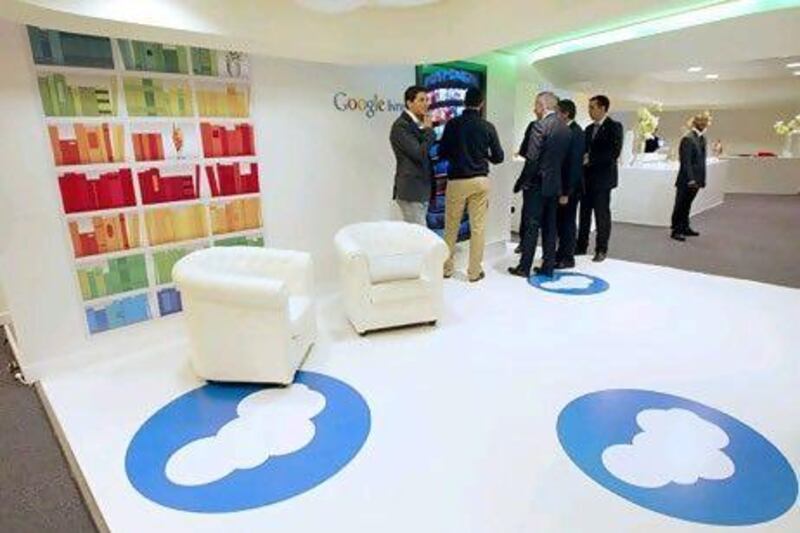With great interest, I recently analysed the Fortune magazine list "100 Best Companies to Work For" in hopes of finding a leadership secret.
But, surprisingly, the list seems to contradict what is regularly espoused among the motivational theorists who argue that people are not most driven by money when it comes to work. The insights from the best companies to work for affirm the opposite, as they highlight the importance of pay and perks.
Some excerpts among the top 10 companies include:
Google, which boasts "famous perks of the Plex", including bocce courts - a kind of bowls - and a bowling alley - and eyebrow shaping "for a fee". "Then there's the food," Fortune notes, with about 25 cafes companywide - where dishes are all free.
Boston Consulting Group, where "once hired, [employees] earn an average of US$139,000 [Dh510,000] a year".
SAS Institute, where "subsidized Montessori child care, unlimited sick time, intramural sports leagues, and a free health care centre are just some of the perks".
NetApp. Employees here "received payouts of up to 31 per cent of their salary".
Camden Property Trust, last year, "doled out surprise bonuses, from $100 to $5,000".
Recreational Equipment (REI) lets "employees take advantage of sabbaticals, free equipment rentals, and hefty discounts on merchandise".
CHG Healthcare Services this year "revamped its drug plan, built a gym".
The clear emphasis that pay and perks make a great place to work make me wonder, is it really about money and extras?
The theories, and research, disagree.
Beginning with the Hawthorne Studies, which were conducted by Elton Mayo nearly a century ago, research found that employees are not motivated solely by money.
In another body of research, money was not even listed in the top three factors that motivated employees to perform as they did.
Psychologists call money a "deficiency need". In other words, money motivates people only when they feel they do not have enough of it.
And, yet, business leaders need to understand why pay seems central to the best companies to work for.
It may not be about the money per se, but it is about what money means in a workplace.
The power of money comes from the fact that people can exchange it for other items that do motivate them.
Most people do not just earn money and then sit on it.
It plays an important part in motivating people to work, but it does not form the sole contribution to work motivation.
Grasping this requires a particular leadership mindset, as it is easier just to say motivation is about the "money" and offer a reward. Yet, this thinking is short-lived.
Research, in fact, demonstrates that after a raise in pay, an employee's performance improves for only two weeks before returning to its baseline.
Looking behind pay and perks, leaders need to do everything they can to help their employees succeed.
They should use the money and extras to create the environment to reward the performance they want more of.
Tommy Weir is an authority on fast-growth and emerging-market leadership, the author of The CEO Shift and the managing director of the Emerging Market Leadership Center





